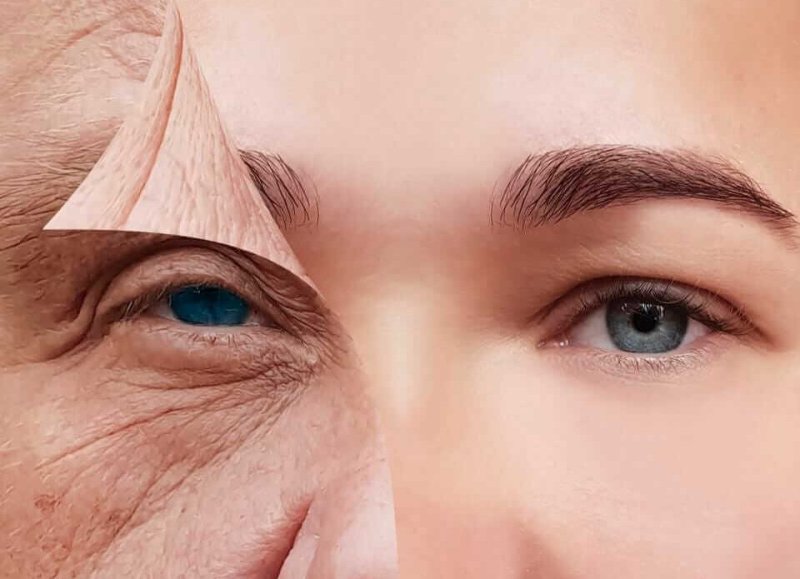People could eventually be able to turn the clock back on the cell-aging process by 30 years, according to researchers who have developed a technique for reprogramming skin cells to behave as if they are much younger.
Research from the Babraham Institute, a life sciences research organization in Cambridge, could lead to the development of techniques that will stave off the diseases of old age by restoring the function of older cells and reducing their biological age.
The experiment showed promising signs that the rejuvenated cells would be better at healing wounds. The reprogrammed cells produced more collagen proteins, which help heal wounds, compared with cells that did not undergo the reprogramming process.
The researchers also observed that their method had an encouraging effect on other genes linked to age-related diseases and symptoms. These included the APBA2 gene, which is associated with Alzheimer’s disease, and the MAF gene, which has a role in the development of cataracts.
However, the researchers said the mechanism behind the reprogramming was not yet fully understood, since it could cause cancer, and must be further explored before the findings could be applied to regenerative medicine.































